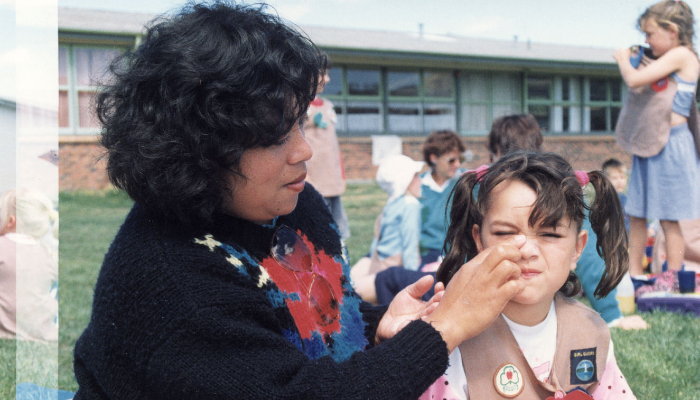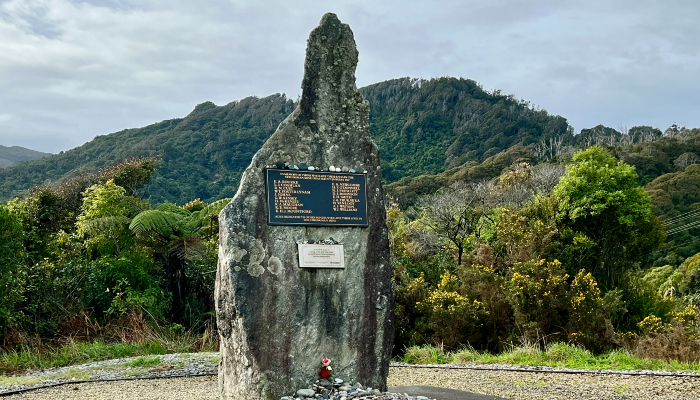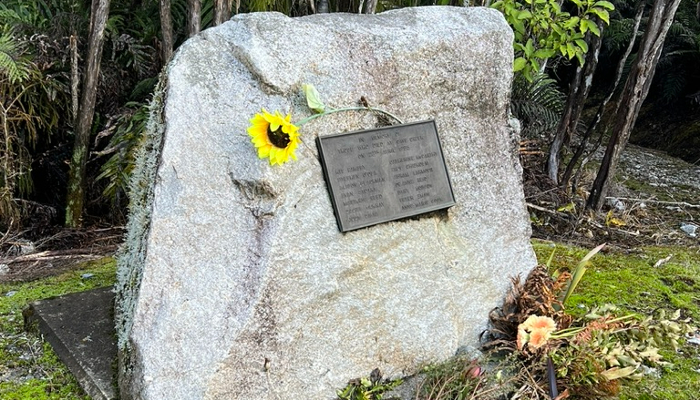Many Answers
Explore Many Answers to find resources on popular topics and about your local region.
Featured Topics
Latest Topics
The Prime Minister is the political leader of the New Zealand government and the country. In this entry we will look at what the Prime Minister does. We'll ...
Entry last updated: 10/07/25Junior Secondary (Years 7 - 10)
People who create original things from scratch or add something new to an existing creation are known as inventors. Jetboats, electric fences and disposable ...
Entry last updated: 10/07/25Junior Secondary (Years 7 - 10)
This entry focuses on New Zealand disasters like shipwrecks, mining disasters and transport disasters. These disasters are often referred to as accidents and...
Entry last updated: 10/07/25Junior Secondary (Years 7 - 10)
The Hawke's Bay Earthquake (also known as the Napier Earthquake) occurred on the morning of Tuesday 3 February 1931. The quake devastated the region, injured...
Entry last updated: 10/07/25Junior Secondary (Years 7 - 10)
Cave Creek is in Paparoa National Park on the West Coast of the South Island. On 28 April 1995, disaster struck when the viewing platform suspended high abov...
Entry last updated: 10/07/25Junior Secondary (Years 7 - 10)
The Wahine was a ferry that ran between Lyttelton and Wellington. In 1968, the ferry sank in a severe storm just off the coast of Wellington. Over fifty peop...
Entry last updated: 10/07/25Pets are animals that people keep for company and enjoyment. There are many different types of pet animals, and it's important to know how to care for them.
Entry last updated: 10/07/25Rugby is a team sport that is played on a field, using an oval ball. The ball can be kicked or thrown between players, and teams score points by kicking the ...
Entry last updated: 10/07/25In New Zealand we have a number of different holidays throughout the year as well as school holidays. Some holidays are for particular regions (provincial ho...
Entry last updated: 10/07/25Junior Secondary (Years 7 - 10)
A slave is a person who is owned by others and forced to work hard for little or no money. Slavery has taken place throughout history with the ancient Romans...
Entry last updated: 10/07/25








![Image: Ruins of the Napier Nurses Home after the 1931 Hawke's Bay earthquake (https://natlib.govt.nz/records/23112999?search%5Bpath%5D=photos&search%5Btext%5D=1%2F2-002952-F) by [unknown]. Collection: Alexander Turnbull Collection.](https://images.ctfassets.net/q60gmaba8x5v/5oUf5Q7nthxN1U9AkOUtHP/f770fef4e34d89eb2ce6f3047f36d9ea/mini_magick20220721-1-ku8kyc.jpg)




![Image: Slave shackles (https://americanhistory.si.edu/collections/search/object/nmah_601251) by [unknown]. Collection: National Museum of American History Smithsonian Institution.](https://images.ctfassets.net/q60gmaba8x5v/2bArWBoHoQpJZAyZwF4MlL/f36868f11bb1dc4addaacdce577f5fba/slavery.jpg)